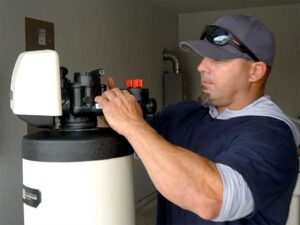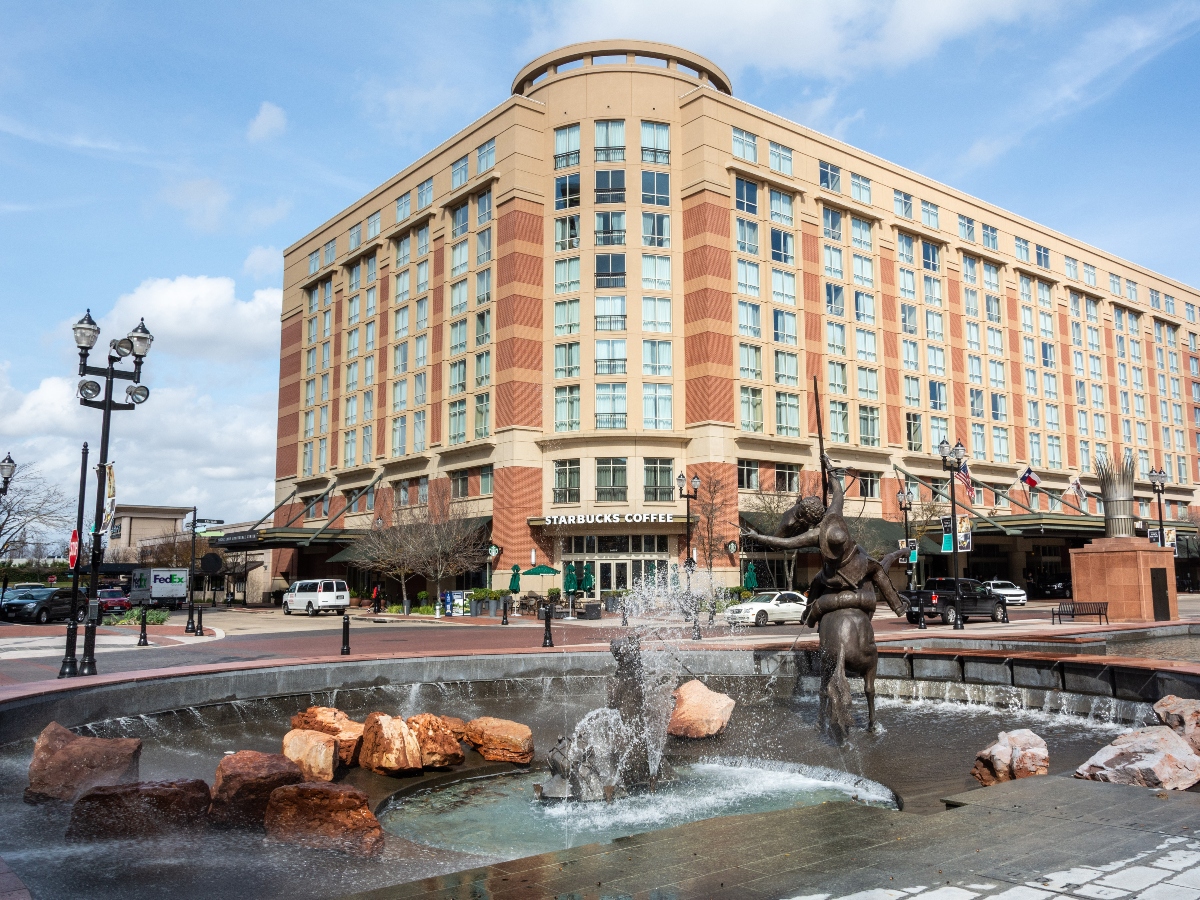Water is life! Without it, you cannot survive. However, contaminated water can also be fatal. Do you reside in Sugarland, Texas? Do you have any concerns regarding the quality of your drinking water? Worry no more! We’re here to help. The City of Sugarland water quality meets the federal standards set for drinking. But does this mean that the water is healthy for you and your family? Meeting the legal standards does not mean that the water is safe, according to the Environmental Working Group (EWG). The water can be full of contaminants that can harm your health.
Let’s look closely at the quality of your tap water if you live in this Houston suburb.
What Is Water Quality, and How Do You Determine It?
Water quality measures water’s physical, chemical, and biological characteristics. It measures the degree to which water is suitable for a particular use. The United States Environmental Protection Agency (EPA) has established national water quality standards for drinking water from the surface and groundwater. You can find out the quality of your water from Consumer Confidential Reports (CCRs).
CCRs are annual reports that water utilities must provide to their customers. These reports contain information about the water quality delivered to homes and businesses. CCRs help consumers make informed decisions about the water they drink and the health of their families.CCRs are made available to the public upon request, and water utilities must give customers notice of their right to get a CCR each year. The information must be included in customer bills or sent to customers separately. Reach out to your local water utility if you have questions about your water quality or would like to get a CCR for your water utility.
Besides CCRs, you can also do a water test to determine your tap water quality. You can do this using a test kit, which you can purchase at most hardware stores. Another excellent way to assess water quality is to have the water tested by a professional company. This is because professionals have the equipment and experience to test the water accurately. They can also recommend the best treatment method if they find your water has contaminants. It’s important to note that the clarity, smell, color, and taste of your water can indicate contaminants.
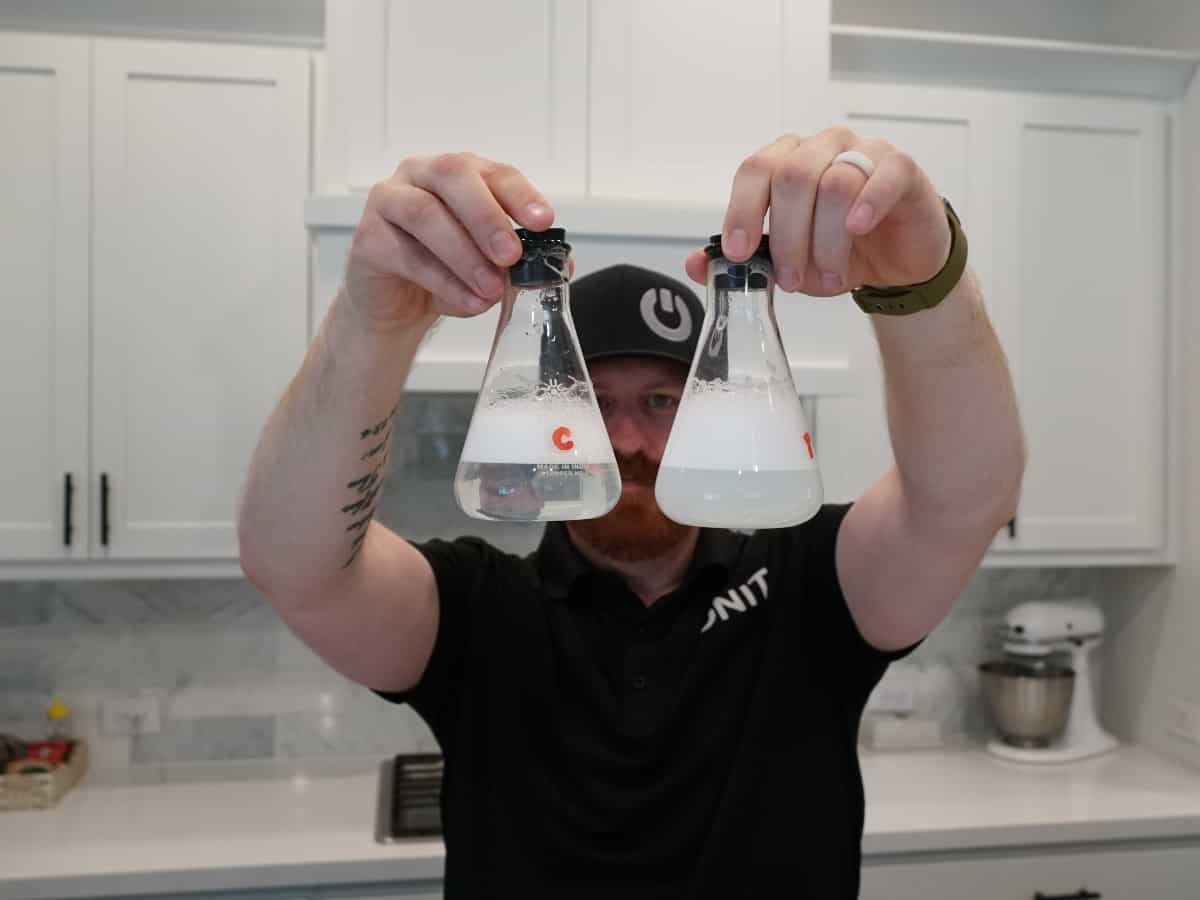
Do You Need to Test the Water if It Already Meets Federal Standards?
Over 90% of Americans get their water from the public system, which is tested regularly to meet safe drinking water standards. Also, the United States has the safest water in the world. However, even though this water is considered the safest, it still gets contaminated. Contamination can happen from the source or in the piping. Some common sources include agriculture, industry, sewage, and runoff from urban areas. In addition, contamination can come from natural sources such as minerals, radon, and arsenic.
Congress passed the Safe Drinking Water Act (SDWA) in 1974 to protect drinking water quality in the United States. EPA oversees the Act’s implementation and establishes minimum standards that public water systems must comply with. It amended the Act in 1986 and 1996. EPA bases the City of Sugarland water quality on standards they set 20 years ago; some are over 40 years old. This means there can be harmful contaminants in the water even if it complies with the EPA guidelines.
Contaminants are a severe problem because they can lead to adverse health effects, such as:
- Gastrointestinal illnesses
- Skin and hair problems
- Damage to the nervous system
- Brain damage
- Developmental or reproductive effects
- Cancer
Furthermore, contaminants can shorten your home appliances’ lifespan and cause environmental damage.
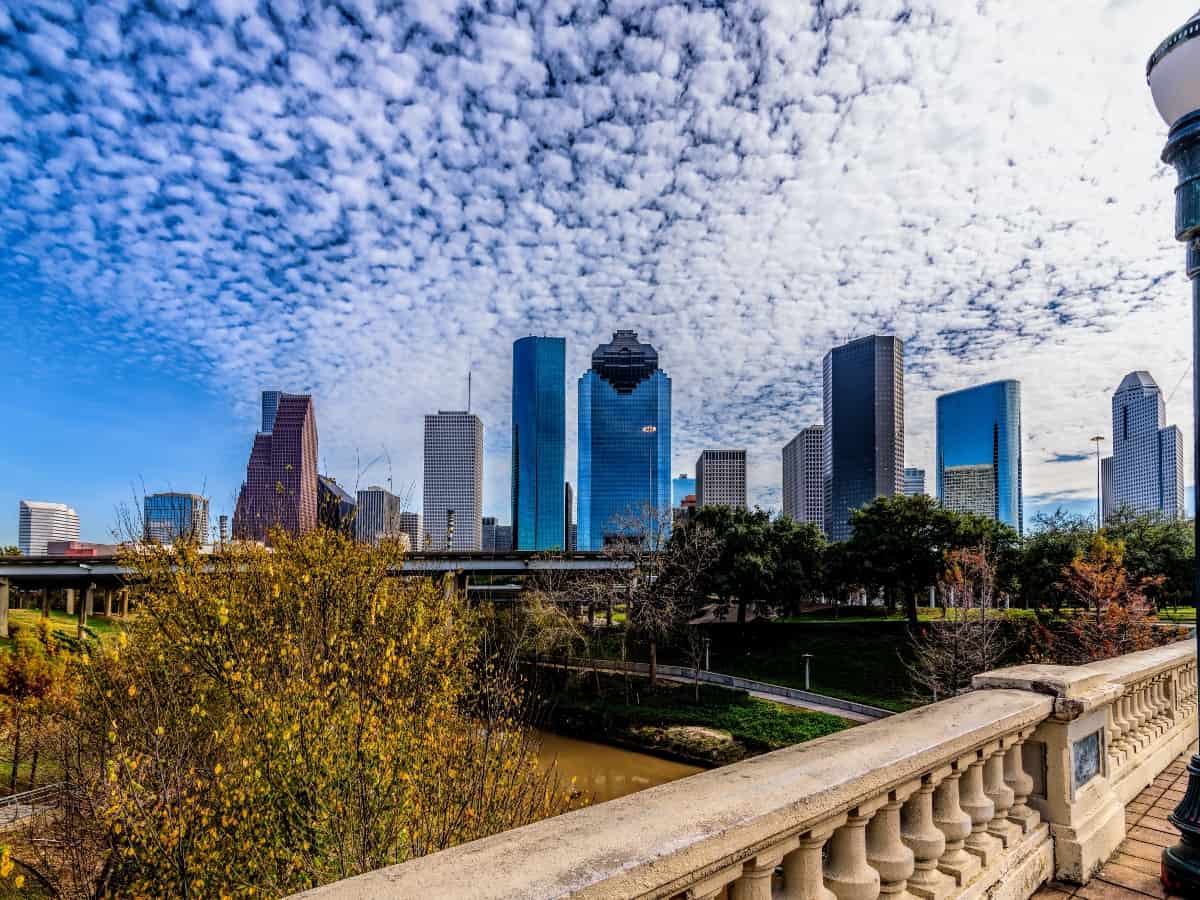
So, What’s in the City of Sugarland Tap Water?
According to EPA, the City of Sugarland adhered to drinking water regulations based on public health from April 2019 to March 2021. Sugar Land’s water was chosen as the Best Tasting Water in the U. S by the American Water Works Association (AWWA) on June 11, 2019, during the Annual Conference and Exposition or ACE19. It was also named the 2nd best tasting water in North America.
Unfortunately, good taste does not mean the water is free from contaminants. EPA’s assessment for the January 2021 – March 2021 quarter shows that the water meets the health-based drinking water standards. Here’s where the EWG comes in. After noting that water that has passed the legal standards still contains contaminants, EWG scientists work at collecting and analyzing tap water quality data. Users of public water systems receive up-to-date analyses of pollutants in tap water after comparing the data with EWG guidelines.
What the Data Shows
According to data from the EWG database, there were 39 total contaminants found in the City of Sugarland water. Sadly, 17 of the 39 pollutants had levels beyond the EWG’s health recommendations. They are:
- Arsenic was 236 times higher than EWG’S health guideline.
- Bromochloroacetic acid was 96 times greater than EWG’S health guideline.
- Bromodichloromethane was 8.8 times higher than EWG’S health guideline.
- Chlorite tested 5.3 times higher than EWG’S health guideline
- Chloroform was 2.2 times greater than EWG’S health guideline.
- Chromium (hexavalent) was 33 times more than EWG’S health guideline.
- Dibromoacetic acid tested 40 times higher than EWG’S health guideline.
- Dibromochloromethane tested 7.6 times higher than EWG’S health guideline.
- Dichloroacetic acid was 12 times greater than EWG’S health guideline.
- Haloacetic acid (HAA5) was 44 times higher than EWG’S health guideline.
- Haloacetic acid (HAA9) was 106 times above EWG’S health guideline.
- Nitrate tested 5.3 times higher than EWG’S health guideline
- Nitrate and nitrite were 4.6 times higher than EWG’S health higher.
- Radium, combined (-226 & -228) was 21 times greater than EWG’S health guideline
- Total trihalomethanes (TTHMs) were 20 times higher than EWG’S health guideline.
- Trichloroacetic acid was three times more than EWG’S health guideline.
- Uranium tested 3.9 times above EWG’S health guideline
The above analysis is only a representation of contaminants that exceeded the EWG’s guidelines. You can visit the EWG’s tap water database for the City of Sugar Land to check other detected pollutants and their possible effects.
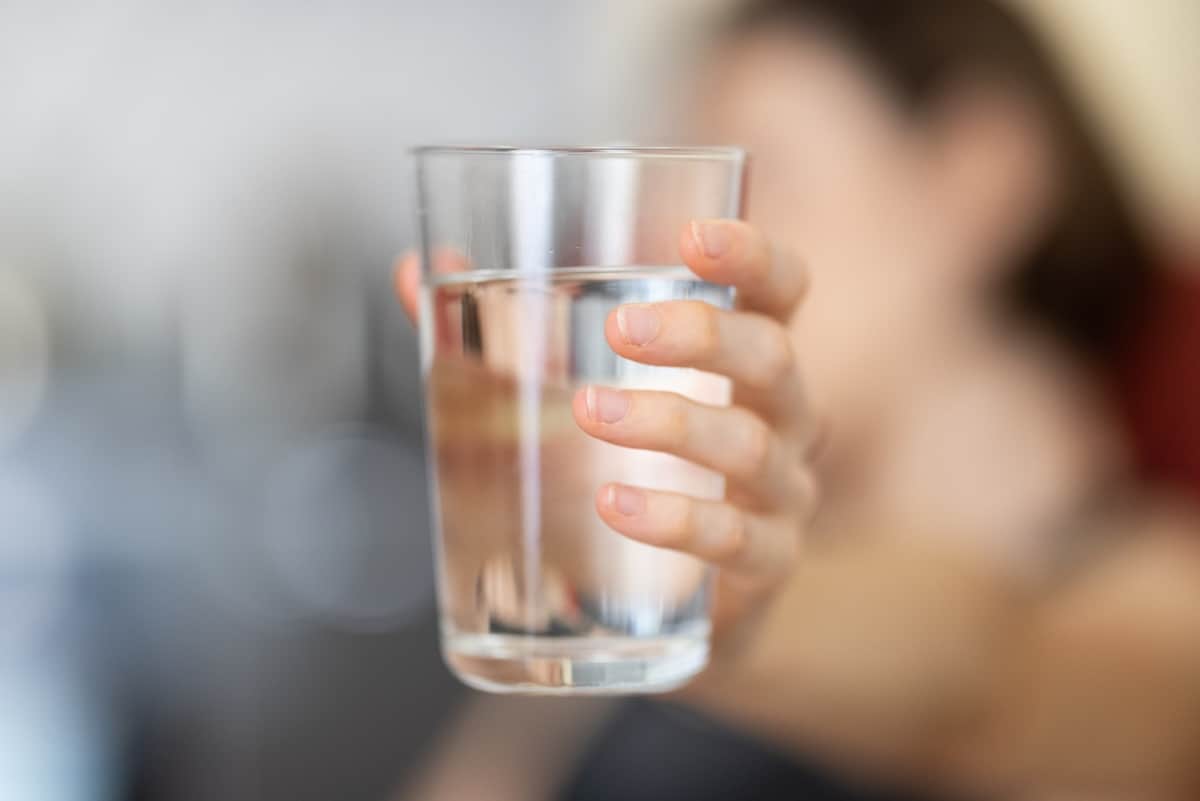
How Do You Improve the Quality of Your Tap Water?
Your health and that of your family are in your hands. Therefore, it’s your sole responsibility to ensure the water you use at home is of good quality. Most people use bottled water if they suspect their water is contaminated. Since the Food and Drug Administration (FDA) establishes standards for bottled water, the water is generally considered safe. Unfortunately, bottled water is 200 times more expensive than tap water, making it a no-go-to option for a long-term solution.
There are methods you can use to improve your tap water quality if you suspect or know that it’s contaminated:
Boil the Water
Boiling your drinking water is the only surest way to ensure you use clean water. Boiling the water kills disease-causing germs such as bacteria and viruses. However, you can not eliminate hard metals such as lead from the water even after boiling. Furthermore, boiling water is not a cost-effective solution.
Use Disinfectants
Chemical disinfectants such as unscented household bleach and chlorine dioxide tablets are excellent for improving water quality. Disinfectants can kill the most harmful and disease-causing germs but are not as effective as boiling water.
Ultraviolet (UV) Light Water Purification
UV light purification is a process by which contaminants are removed from the water using UV light. This process is effective against bacteria, viruses, and other microorganisms. It kills bacteria by altering their DNA, which makes it harder for them to reproduce. UV purification can be used to clean drinking, bathing, and swimming pool water in homes and office buildings. It’s a safe and effective way since it does not require the use of chemicals, and it does not produce any harmful byproducts.
Solar Water Disinfection
Solar water disinfection (SODIS) is a simple and effective way to disinfect water using only sunlight and plastic bottles. SODIS destroys bacteria and viruses in water, making it safe to drink. SODIS is a vital tool in the fight against waterborne illnesses. It is simple to use and can be implemented anywhere there is sun and water. By using SODIS, you can help reduce the spread of waterborne illnesses and save lives. However, additional steps are necessary if the water has toxic chemicals or heavy metals.
Water Filtration
You will always need clean water to be available from your tap when doing daily chores, cooking, bathing, swimming, or watering your garden. All the above methods are perfect in emergencies. Also, these methods primarily work when dealing with biological agents, not toxic chemicals or heavy metals. Furthermore, most consume more time before making clean water available and are not cost-friendly.
Water filtration solves most of these challenges through the use of water filters. Water filters come in different shapes and sizes. Some are small and portable, while others are large and require installation. The water filter you choose will highly depend on your needs and budget. The best choice for a home is a whole-home filtration system. These systems help remove contaminants, including non-biological agents, from your water supply and improve your water quality. With this system, you’re guaranteed safe and clean water from your tap throughout.
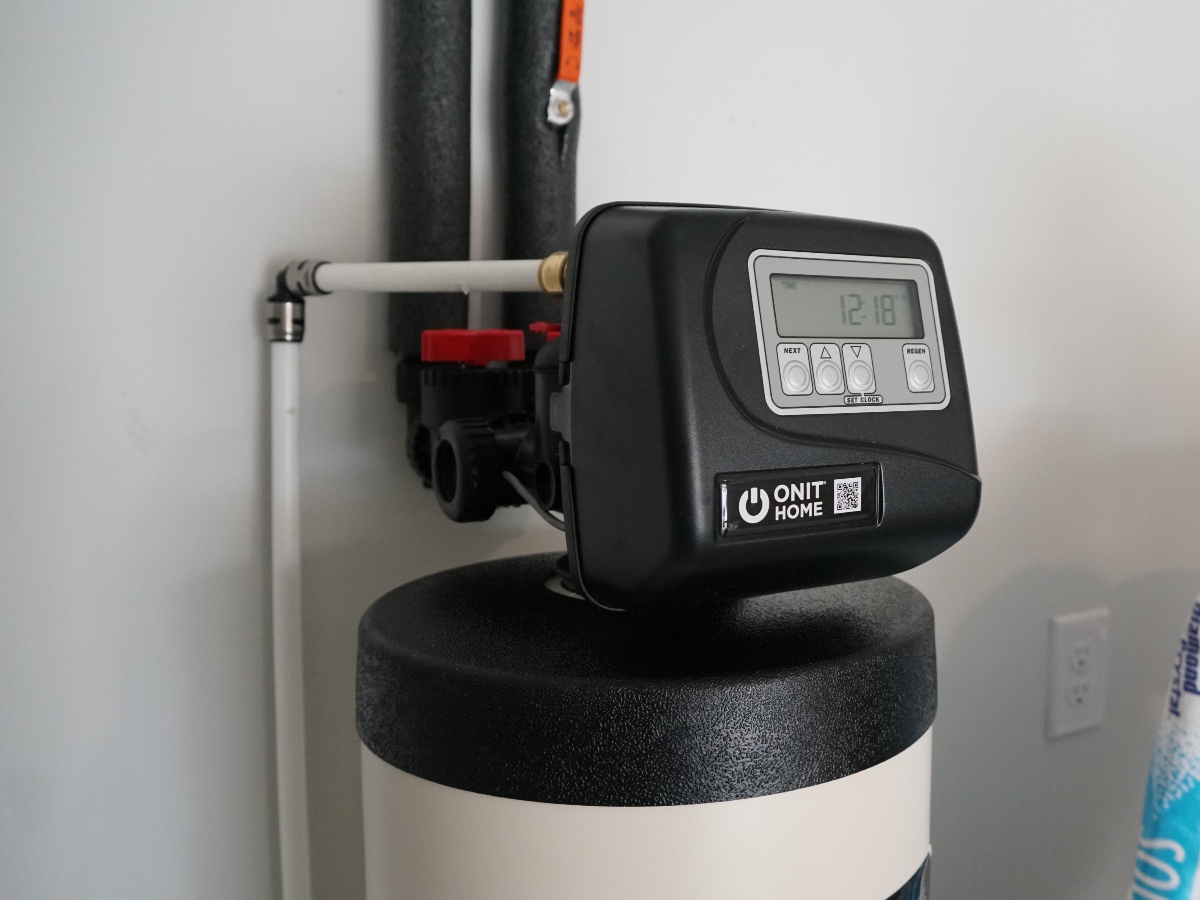
Improve Your Health with the ONIT Home Water Filtration System
The EWG database shows there are contaminants in the City of Sugarland water. Therefore, it’s critical to have your water tested by a qualified professional. At ONIT Home, we provide a free comprehensive water test and interpret the results for you. We also offer a whole home water filtration system that will eliminate the harmful contaminants in your water.
Our reverse osmosis water filtration system ensures your tap water is safe and clean for drinking, cooking, bathing, and swimming. This way, you will enjoy tastier meals, healthy hair and skin, and overall health. You can also save big with our water filtration systems. Visit us online for more information, or call us at 1-800-610-2145 to speak to our dedicated team. For all your clean water needs, we’re ONIT!

